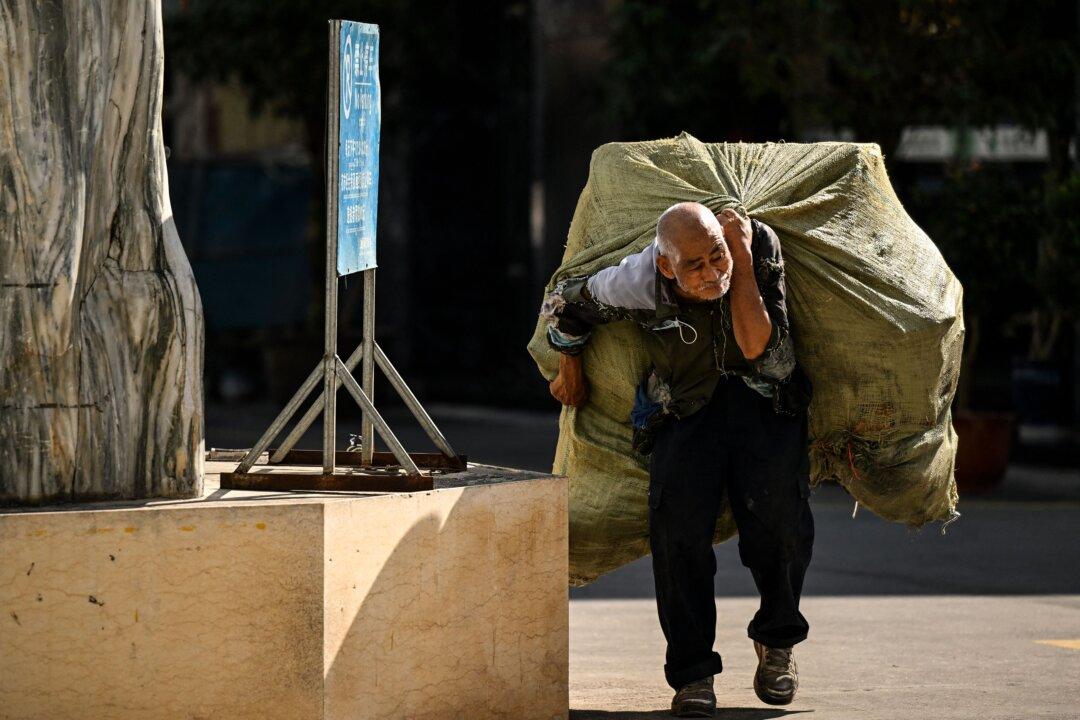News Analysis
China’s economic-focused “two sessions” have set a target of raising the minimum pension fee for urban and rural residents by 20 yuan (about $2.8) to 123 yuan (about $17) per month. The move drew widespread concerns over the vast disparity in pension amounts between the average Chinese citizen and party officials.





